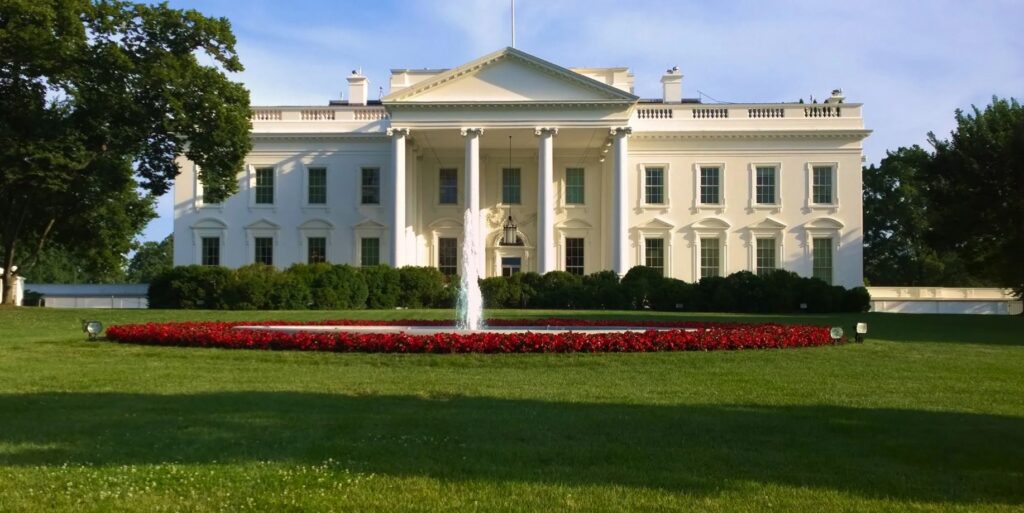It was the best of times… it was the worst of times… to quote Charles Dickens speaking of life during the French Revolution has an interesting application tied to the impact of the 2024 U.S. election on corporate site location projects. While the U.S. is not experiencing the Reign of Terror it just feels like it some days if you watch too much cable news. Technology and innovation are transforming the global auto industry, and the U.S. has a major push to reshore semiconductor manufacturing. However, political populism has invaded both political parties and could be putting efforts to develop these industries in jeopardy.

Populism is a political program or movement that champions, or claims to champion, the common person, usually by favorable contrast with a real or perceived elite or establishment. Populism usually combines elements of the left and the right, opposing large business and financial interests but also frequently being hostile to the established Republican or Democratic party candidates and positions. Big corporations have taken a hit as populism is on the rise whether it is from a Democratic or Republican candidate. A 2022 Gallup survey found, that after a decade when Americans’ overall views of big business tilted positive or were about evenly split, the slight majority (53%) now view this business category negatively and 46% positively. Only 26% of Republicans and 25% of Democrats say large corporations have a positive effect on the United States in a Pew Research Center survey. The fact is Donald Trump and Joe Biden understand public opinion and their shift to populism reflects a desire to align with their voting base. The election of Democrat or Republican populist candidates is not good news for corporate America or corporate site location projects. These candidates are aligned with members of the public unhappy with corporations.
2024’s election will serve as a major disruption for the growth of corporate site location projects based on the lack of predictability of the outcome. The 2024 Presidential, Congressional, and state elections will have a major impact on corporate site location projects. Uncertainty with the direction of policies causes companies and developers to pause projects and not make decisions until the result is known. Two clear examples of how uncertainty about elections is impacting two big corporate site location markets: semiconductor manufacturing and Electric Vehicle manufacturing.
The reshoring of semiconductor manufacturing or “fab” facilities are massive corporate site location projects and have been announced throughout the United States. The federal government’s CHIPS Act creates major incentives designed to reshore the semiconductor manufacturing industry back to the United States. Americans have learned that lots of consumer goods run on computer chips—think cars. Unfortunately, according to the Semiconductor Industry Association, the U.S. share of commercial semiconductor manufacturing has declined from 37% in 1990 to 12% today. Congressional Republican Leadership opposed the CHIPS Act during its legislative debate. Only seventeen Senate Republicans voted in favor of the legislation, and twenty-four House Republicans also voted for the bill, bucking party leadership who attempted to whip against the bill as part of a political fight over a Democratic deal on a climate and tax bill.
Public policy designed to support the development of Electric Vehicles (EVs) and the EV charging station networks is spurring billions of dollars in corporate site location projects. The Inflation Reduction Act of 2022 promoted by President Biden and Congressional Democrats is perhaps the most significant legislation to accelerate transportation electrification in U.S. history. Again, Republican leadership opposed the Inflation Reduction Act.
Political populism and the 2024 election bring in all sorts of questions impacting the growth of semiconductor manufacturing and EV corporate site location projects. If President Biden is not re-elected will the CHIPS Act and Inflation Reduction Act be modified or repealed? Will the federal government remain focused on reshoring semiconductor facilities and supporting the transition of the global auto industry to EVs? Will Republicans keep the incentives to support domestic growth of semiconductors and EVs but go after the social policy agenda provisions in the bill on renewable energy and semiconductor manufacturing? Questions about the federal government’s economic development incentive programs regarding these two major global industries may not be answered until the November election but the election will slow the growth of corporate site location projects in targeted industries during 2024.